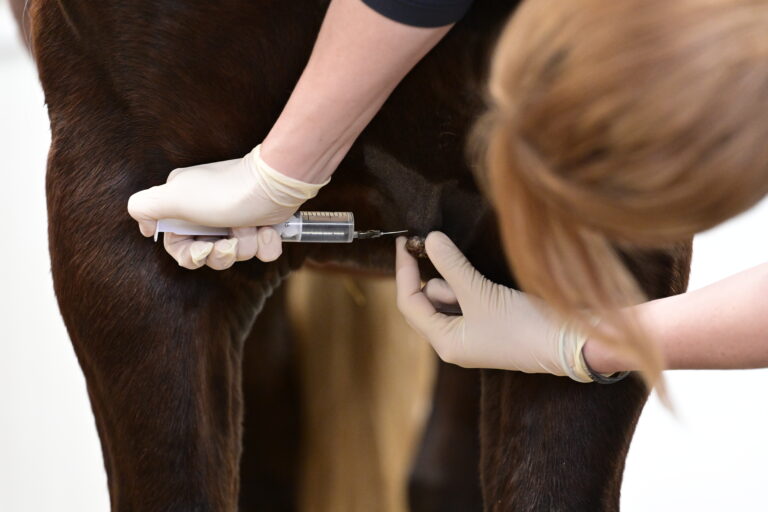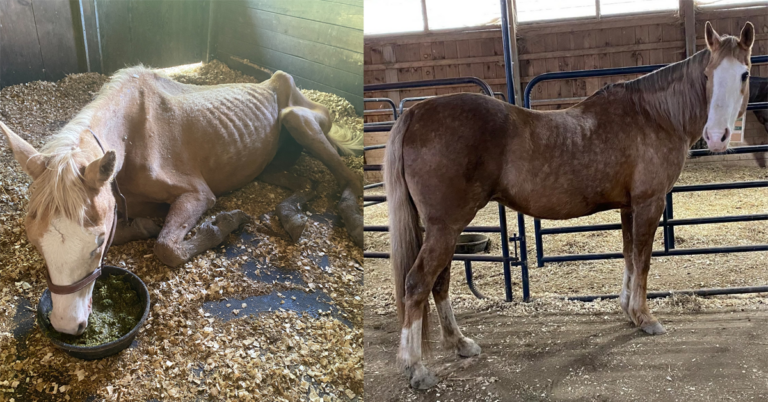
Most equine practitioners are diligent about following standards of care when treating equine patients. But what happens when a horse experiences an adverse event after an off-label or compounded medication is used?
Following some basic criteria will help ensure that an equine practitioner is protected as much as possible from problems arising from use of a non-FDA (U. S. Food and Drug Administration)-approved pharmaceutical. Liability insurance companies are not able to make blanket statements about what is and isn’t covered, because every case is likely to experience different circumstances and exclusions, and is evaluated on its own merits.
The AVMA and AAEP have set forth guidelines for compliance with the standard of care. To achieve the best liability protection, it is important to understand and follow several tenets when prescribing or using non-FDA-approved or compounded pharmaceuticals:
- There must be a valid veterinarian-client-patient relationship (VCPR).
- Use of a non-FDA-approved product is not legal when there is an FDA-approved product that is available.
- When possible, obtain written consent from an owner after explaining use of a non-FDA-approved drug. Follow this recommendation from the AVMA: “Clients should be informed that the compounded preparation has not been evaluated by the FDA for potency, purity, stability, efficacy or safety, and client consent should be obtained.”
- Medication used in a joint must be labeled for use in a joint.
- A dispensed product must be properly labeled and state that it is not FDA-approved.
- Use a compounding pharmacy that is licensed in your state of practice, and preferably use one that is accredited by the Pharmacy Compounding Accreditation Board (www.pcab.org).
You can probably think of a few products that don’t quite meet the above criteria—the product might be FDA-approved, but not specifically for horses. At the end of the day, if a product isn’t labeled for the correct species, it is difficult to defend its use. The objective is to comply with the standard of care that most veterinarians are using and to have confidence that a board-certified expert witness can attest to its legitimate use when called upon to testify in court.
To aid defensibility against legal action, it is important that the veterinarian document in the medical record the specific reason why the specific horse needs this product. There has to be a medical reason for its use and not just a decision to use it based on cost economics. In other words, under no circumstances is it justifiable to use a non-FDA-approved product just because it is less expensive than the FDA-approved one that is labeled for horses.
Another caution has to do with dispensing pharmaceuticals, since once in a layman’s hands, a veterinarian has limited control over how the product is dosed and used.
Some other food for thought: Use of non-FDA-approved products, even when appropriate, might be a double-edged sword because there is great value in supporting drug companies to compensate for costs of research and development. If brand-name products labeled for use in horses are supported, pharmaceutical companies are more likely to increase spending to produce other products in the equine health market.

![[Aggregator] Downloaded image for imported item #18711](https://s3.amazonaws.com/wp-s3-equimanagement.com/wp-content/uploads/2025/10/20105749/EDCC-Unbranded-14-scaled-1-768x512.jpeg)


